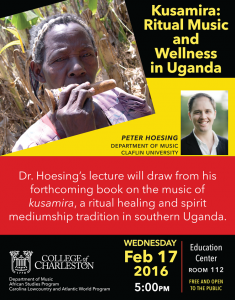Dr. Unni Karunakara lectured on the Syrian refugee crisis and the concept of humanitarian space. As a doctor for Médecins Sans Frontières/Doctors Without Borders (MSF), Dr. Unni has experienced the harsh realities of living and working in areas of the world in dire need. His presentation outlined some of the facts about the current refugee crisis, as well as information on how humanitarian aid is applied in these cases.
The countries of Lebanon, Turkey, Jordan, and Iraq are currently holding the largest percentage of Syrian refugees. The current crisis is unfolding as these refugees are leaving these countries in order to move to less crowded or dangerous areas. Consider: A mother does not put her child on a boat unless the water is safer than the land. These people are facing incredible threats to their wellbeing and survival; and although the alternative is not much better they are willing to strive for a better life.
Organic refugee camps are growing on the borders of countries, and often times there are altercations between the refugee peoples and the local police at these borders. Although the major media sources are largely focused on the Syrian refugee crisis, millions of refugees are fleeing Ethiopia, Burundi, and Myanmar. The refugee crisis is a worldwide phenomenon. There exist over 60 million refugees in the world – a number that when combined would be relative to the 24th largest country. One in four people in Lebanon is a refugee. More than 80% of refugees flee to other struggling countries.
There are three known ways to solve the refugee crisis: local integration, resettlement, and voluntary repatriation. The right to seek asylum is a universal declaration of human rights. Humanitarian action isa moral activity, grounded in the ethic of assistance to those in need. The aid must demonstrate an ethic of restraint; it cannot be subordinated by socially progressive moves or political interest. The goal is always human lives over human freedoms. While this sounds restrictive to some, the most radical realization is that people are not made to suffer. The very definition of humanity is that all people have equal value and dignity. The need for impartiality is enormous, humanitarian spaces must remain neutral spaces. Those with the most need are tended to first, regardless of affiliation or personal opinion. These spaces provide direct medical care and action, and bear witness to the events around them. In return, these programs face insecurity and indifference, and are challenged with impunity.
There are no humanitarian solutions to humanitarian problems. These spaces are necessary and essential civil society responses to political failure. Humanitarian aid does not allow us to forget the suffering of others.

